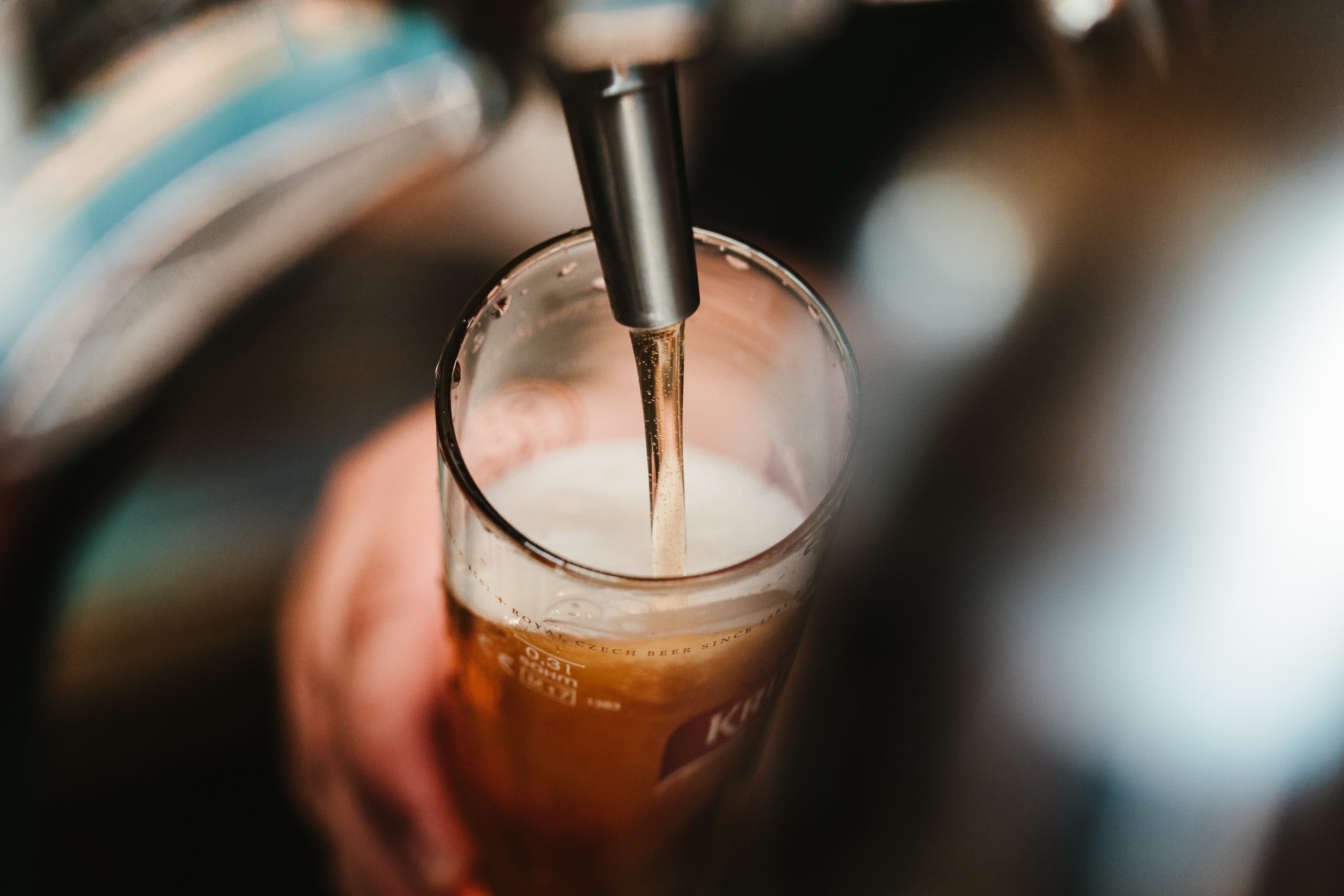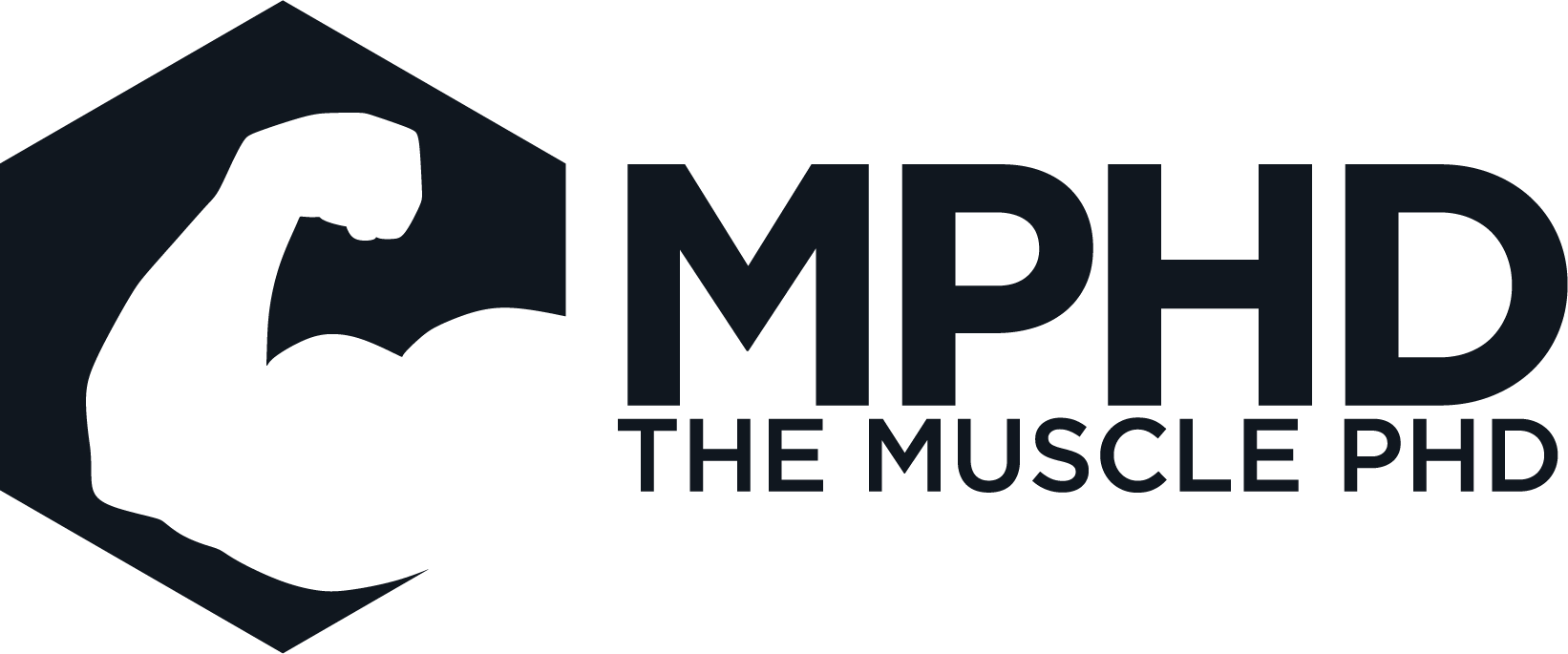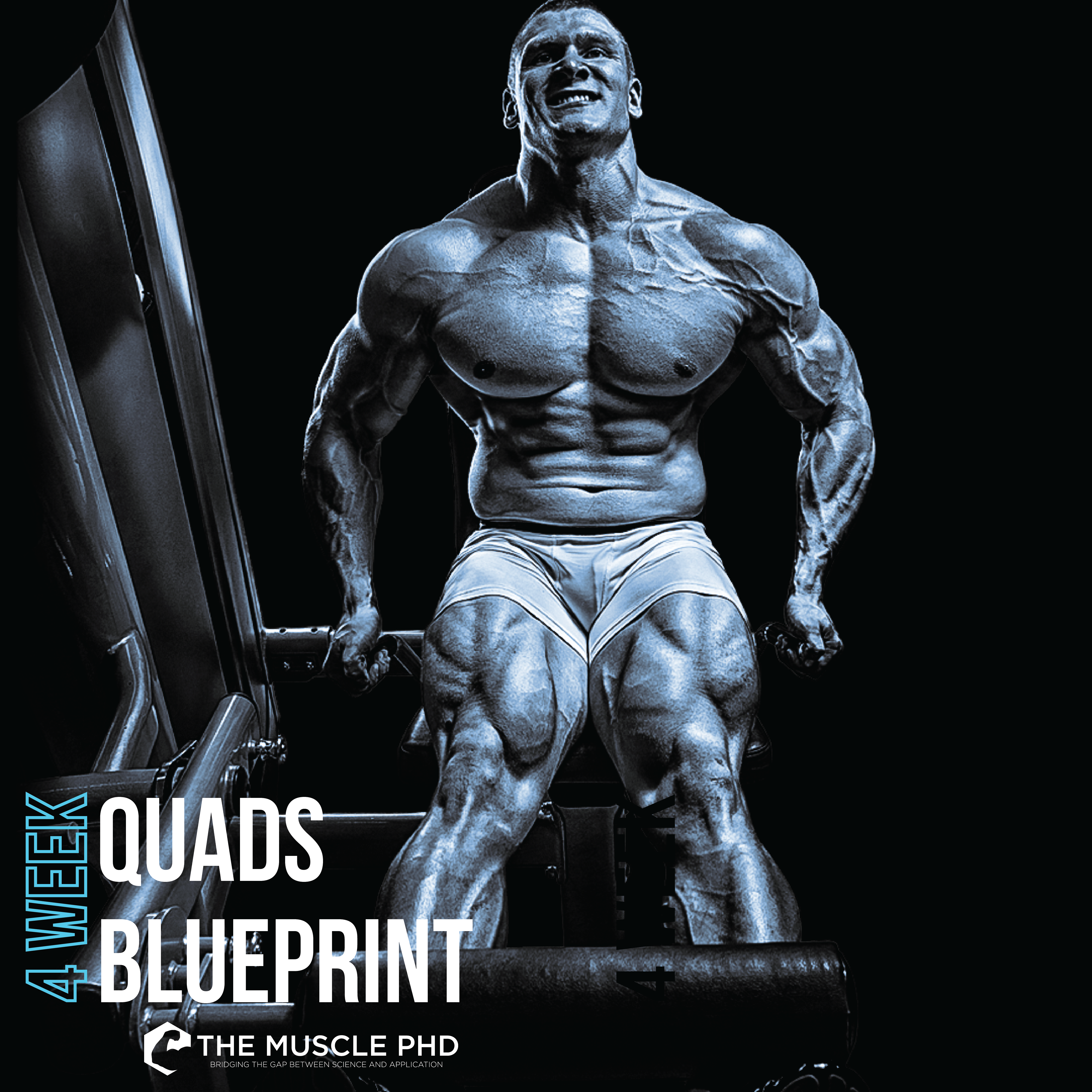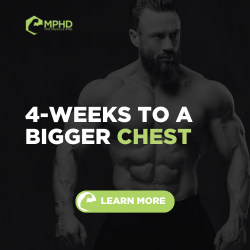Introduction
We’ve gotten the booze question a few times on social media now so it definitely seems worthwhile to take a minute and go more in-depth on the effects that alcohol can have on gains and/or muscle growth. It goes without saying that this is a purely objective review of the literature – we are certainly not condoning any type of shenanigans involving alcohol consumption. The ethics and morality of alcohol are way outside the scope of this discussion so don’t expect to see any of that included here.
Alright, since all of the disclaimers are out of the way, let’s dive in.
Issue #1: Protein Synthesis
 The biggest negative aspect of alcohol consumption, when concerning bodybuilding, is the fact that alcohol significantly decreases protein synthesis rates (11,13,14,16,19). This effect has been shown to occur even in combination with protein intake after a workout (16). In that particular protocol, alcohol, in combination with protein, resulted in a protein synthesis rate almost 60% lower than protein intake without alcohol (16).
The biggest negative aspect of alcohol consumption, when concerning bodybuilding, is the fact that alcohol significantly decreases protein synthesis rates (11,13,14,16,19). This effect has been shown to occur even in combination with protein intake after a workout (16). In that particular protocol, alcohol, in combination with protein, resulted in a protein synthesis rate almost 60% lower than protein intake without alcohol (16).
Why does alcohol reduce protein synthesis? It appears that alcohol affects the activation and translation of many different signals involved in the protein synthesis process. Studies have shown that mTOR activation is greatly reduced with alcohol intake (10,16). mTOR activation is largely associated with protein synthesis, so reducing mTOR activity would more than likely impair protein synthesis and overall gains. Studies also show that alcohol consumption can decrease the activation of the protein signaler p70S6K (10,12,16) which is another signal we often associate with protein synthesis. Some studies even show a reduction in IGF-1 concentration (13) which would directly impair many of the anabolic processes concerning muscle growth.
Issue #2: Hormones
Alcohol hasn’t been shown to necessarily affect insulin production one way or the other when consumed with food, but it does appear to negatively affect insulin sensitivity (9). We see this in studies showing reduced glycogen replenishment following exercise when alcohol is consumed with carbs (3). The insulin sensitivity issue may not directly mediate these findings, but it can certainly be related. Studies also show that alcohol consumption after a workout can prolong the amount of time that the catabolic hormone, cortisol, is elevated in the blood (8). High levels of cortisol for extended periods of time is associated with muscle loss (5) and I don’t think any bodybuilder wants that.
In addition to the issues with prolonged elevated cortisol levels, other studies have shown alcohol to decrease androgen receptor activity after exercise as shown in an elevation in blood free testosterone (21). Testosterone increases muscle size primarily through increasing protein synthesis (6) but if the androgen receptor is inactivated or impaired, testosterone cannot communicate with the cell and tell it to ramp up protein synthesis (15).
Issue #3: Recovery
 All of the above would drastically affect recovery from exercise, so let’s see if these findings pan out in more applicable literature. Interestingly enough, it takes a pretty decent amount of alcohol to negatively impact recovery from damaging exercise. One study found that men consuming 8-drinks after a workout had significantly worse recovery, as measured by voluntary muscle force production, than a control group (2). However, this same protocol was replicated a second time but the subjects only consumed 4 drinks. The outcome? No significant differences in recovery between the drinking and control groups (1).
All of the above would drastically affect recovery from exercise, so let’s see if these findings pan out in more applicable literature. Interestingly enough, it takes a pretty decent amount of alcohol to negatively impact recovery from damaging exercise. One study found that men consuming 8-drinks after a workout had significantly worse recovery, as measured by voluntary muscle force production, than a control group (2). However, this same protocol was replicated a second time but the subjects only consumed 4 drinks. The outcome? No significant differences in recovery between the drinking and control groups (1).
Studies that examined protocols that elicited less muscle damage than the above also saw fewer negative effects with moderate alcohol consumption after a workout (4). Other studies have shown that alcohol consumption between bouts of strength testing does not impair performance (17). It seems, then, that both the type/intensity of exercise and the amount of alcohol consumed are both involved in the recovery effects of alcohol.
Consuming alcohol after exercise has also been shown to negatively affect rehydration efforts (18). This specific study is of particular interest as subjects drank beer after the dehydration protocol. Many think beer would not have the same negative hydration-related effects due to its low alcohol content, but a 4% alcohol beer was the intervention that significantly impaired rehydration efforts (18). Alcohol is a well-known diuretic, and consuming it after a dehydrating activity, like a workout, can slow the rehydration process drastically. Hydration is incredibly important for many cellular functions and overall performance, so extending the amount of dehydration time has nothing but negative consequences. Dehydration is also correlated with elevated cortisol levels (7) like we discussed above, so combining alcohol with dehydration seems like a great way to ramp up cortisol and hurt your gains.
For multiple reasons, including research ethics and just being nice, we don’t have any long term studies on chronic alcohol consumption in humans and its effects on resistance training gains. Obviously we can’t force human subjects to drink copious amounts of alcohol for an extended period of time, but all of the above allow the inference to be made that alcohol is not good for gains. At all.
Practical Applications
 There’s plenty more negative health effects we could go into here but that’s outside the scope of the article title. The good news is that many of the negative effects of alcohol that we just presented can be reversed pretty quickly. Studies have shown that 16-weeks of chronic alcohol consumption and its effects on protein synthesis can be reversed within 3-days (20). I sincerely hope none of our readers are alcoholics, so it stands to reason that the negative effects of a single night of drinking can be reversed pretty quickly.
There’s plenty more negative health effects we could go into here but that’s outside the scope of the article title. The good news is that many of the negative effects of alcohol that we just presented can be reversed pretty quickly. Studies have shown that 16-weeks of chronic alcohol consumption and its effects on protein synthesis can be reversed within 3-days (20). I sincerely hope none of our readers are alcoholics, so it stands to reason that the negative effects of a single night of drinking can be reversed pretty quickly.
So what are the practical applications here? First and foremost, if you’re wanting to maximize muscle gains and performance, you’re best off avoiding alcohol altogether. Since that’s unrealistic and short-sighted advice for many, let’s use the evidence from above to ascertain the best way to go about drinking with gains in mind.
From the aforementioned studies, it’s clear that high levels of alcohol should not be combined with training and super intense training should not be combined with alcohol. If you’re planning a night out on the town with friends, pick which one of these you want. If you’re going for a more tame night, you can probably still grab a tough workout earlier in the day. Plan on increasing protein intake as well to make up for the decrease in protein synthesis rates with alcohol.
On the other hand, if it’s your friend’s birthday and you’re gearing up for an absolute rager, you can probably plan on either a light workout or skipping the gym entirely. Hammering your body in the gym and then further hammering it with alcohol won’t have any positive effects and it will only take you longer to recover from that workout. Wouldn’t you rather just take that day off, nurse your hangover the next day, and then be back in the gym? A massive workout before an intense chug fest only hampers your ability to be back in the gym and performing well.
All-in-all, nobody is here to preach about the naughtiness of alcohol or to act, “holier-than-thou,” for not drinking. I’m not a big drinker, myself, but I definitely enjoy the occasional brew – and that’s perfectly okay. But it’s worth understanding the negative consequences that a night of heavy drinking can have on muscle growth. Plan on adjusting your training accordingly, up your protein and water intake, and try to get some extra sleep to aid in recovery from your night out. No one is telling you to not have fun, but aren’t parties more fun when you’re the most jacked and shredded person there?
References
- Barnes, M. J., Mündel, T., & Stannard, S. R. (2011). A low dose of alcohol does not impact skeletal muscle performance after exercise-induced muscle damage. European Journal of Applied Physiology, 111(4), 725-729.
- Barnes, M. J., Mündel, T., & Stannard, S. R. (2010). Post-exercise alcohol ingestion exacerbates eccentric-exercise induced losses in performance. European Journal of Applied Physiology, 108(5), 1009-1014.
- Burke, L. M., Collier, G. R., Broad, E. M., Davis, P. G., Martin, D. T., Sanigorski, A. J., & Hargreaves, M. (2003). The effect of alcohol intake on muscle glycogen storage following prolonged exercise. Journal of Applied Physiology.
- Clarkson, P. M., & Reichsman, F. (1990). The effect of ethanol on exercise-induced muscle damage. Journal of Studies on Alcohol, 51(1), 19-23.
- Crowley, M. A., & Matt, K. S. (1996). Hormonal regulation of skeletal muscle hypertrophy in rats: the testosterone to cortisol ratio. European Journal of Applied Physiology and Occupational Physiology, 73(1-2), 66-72.
- Griggs, R. C., Kingston, W.., Jozefowicz, R. F., Herr, B. E., Forbes, G., & Halliday, D. (1989). Effect of testosterone on muscle mass and muscle protein synthesis. Journal of Applied Physiology, 66(1), 498-503.
- Judelson, D. A., Maresh, C. M., Yamamoto, L. M., Farrell, M. J., Armstrong, L. E., Kraemer, W. J., … & Anderson, J. M. (2008). Effect of hydration state on resistance exercise-induced endocrine markers of anabolism, catabolism, and metabolism. Journal of Applied Physiology.
- Koziris, L. P., Kraemer, W. J., Gordon, S. E., Incledon, T., & Knuttgen, H. G. (2000). Effect of acute postexercise ethanol intoxication on the neuroendocrine response to resistance exercise. Journal of Applied Physiology, 88(1), 165-172.
- Kumar, V., Frost, R. A., & Lang, C. H. (2002). Alcohol impairs insulin and IGF-I stimulation of S6K1 but not 4E-BP1 in skeletal muscle. American Journal of Physiology-Endocrinology and Metabolism.
- Lang, C. H., Frost, R. A., Deshpande, N., Kumar, V., Vary, T. C., Jefferson, L. S., & Kimball, S. R. (2003). Alcohol impairs leucine-mediated phosphorylation of 4E-BP1, S6K1, eIF4G and mTOR in skeletal muscle. American Journal of Physiology-Endocrinology and Metabolism.
- Lang, C. H., Frost, R. A., Kumar, V., Wu, D., & Vary, T. C. (2000). Impaired protein synthesis induced by acute alcohol intoxication is associated with changes in eIF4E in muscle and eIF2B in liver. Alcoholism: Clinical and Experimental Research, 24(3), 322-331.
- Lang CH, Frost RA, Svanberg E, Vary TC (2004) IGF-I/IGFBP-3 ameliorates alterations in protein synthesis, eIF4E availability, and myostatin in alcohol-fed rats. American Journal of Physiology, Endocrinology, and Metabolism, 286: E916–E926.
- Lang, C. H., Pruznak, A. M., Deshpande, N., Palopoli, M. M., Frost, R. A., & Vary, T. C. (2004). Alcohol intoxication impairs phosphorylation of S6K1 and S6 in skeletal muscle independently of ethanol metabolism. Alcoholism: Clinical and Experimental Research, 28(11), 1758-1767.
- Lang, C. H., Wu, D., Frost, R. A., Jefferson, L. S., Kimball, S. R., & Vary, T. C. (1999). Inhibition of muscle protein synthesis by alcohol is associated with modulation of eIF2B and eIF4E. American Journal of Physiology-Endocrinology And Metabolism, 277(2), E268-E276.
- Liao, S., Tymoczko, J. L., Castaneda, E., & Liang, T. (1976). Androgen receptors and androgen-dependent initiation of protein synthesis in the prostate. In Vitamins & Hormones (Vol. 33, pp. 297-317). Academic Press.
- Parr, E. B., Camera, D. M., Areta, J. L., Burke, L. M., Phillips, S. M., Hawley, J. A., & Coffey, V. G. (2014). Alcohol ingestion impairs maximal post-exercise rates of myofibrillar protein synthesis following a single bout of concurrent training. PLoS One, 9(2), e88384.
- Poulsen, M. B., Jakobsen, J., Aagaard, N. K., & Andersen, H. (2007). Motor performance during and following acute alcohol intoxication in healthy non-alcoholic subjects. European Journal of Applied Physiology, 101(4), 513-523.
- Shirreffs, S. M., & Maughan, R. J. (1997). Restoration of fluid balance after exercise-induced dehydration: effects of alcohol consumption. Journal of Applied Physiology, 83(4), 1152-1158.
- Vary, T. C., Frost, R. A., & Lang, C. H. (2008). Acute alcohol intoxication increases atrogin-1 and MuRF1 mRNA without increasing proteolysis in skeletal muscle. American Journal of Physiology-Regulatory, Integrative and Comparative Physiology.
- Vary, T. C., Nairn, A. C., & Lang, C. H. (2004). Restoration of protein synthesis in heart and skeletal muscle after withdrawal of alcohol. Alcoholism: Clinical and Experimental Research, 28(4), 517-525.
- Vingren, J. L., Koziris, L. P., Ben-Ezra, V., & Kraemer, W. J. (2003). Effect of post-exercise ethanol intoxication on free testosterone response to resistance exercise in men. Medicine & Science in Sports & Exercise, 35(5), S330.
From being a mediocre athlete, to professional powerlifter and strength coach, and now to researcher and writer, Charlie combines education and experience in the effort to help Bridge the Gap Between Science and Application. Charlie performs double duty by being the Content Manager for The Muscle PhD as well as the Director of Human Performance at the Applied Science and Performance Institute in Tampa, FL. To appease the nerds, Charlie is a PhD candidate in Human Performance with a master’s degree in Kinesiology and a bachelor’s degree in Exercise Science. For more alphabet soup, Charlie is also a Certified Strength and Conditioning Specialist (CSCS), an ACSM-certified Exercise Physiologist (ACSM-EP), and a USA Weightlifting-certified performance coach (USAW).




